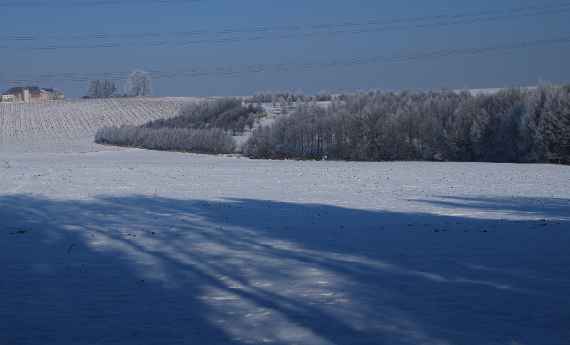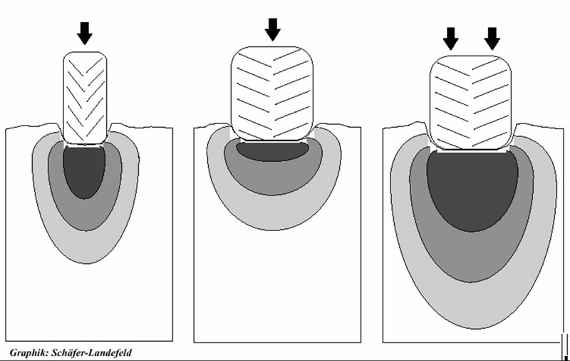It is our goal to impose, describe and control the connections between land use and groundwater quantity and quality.
In view of the spatial protection of the groundwater we work on testing, introduction and application of methods for planning land use and land development options. With consideration for the soil water budgets and loss of nutrients we work on strategies to optimize a sustainable and environmentally sound land use.
Harmful changes of the soil structure, occurring due to consolidation, are impacting the plant growth and the soil water budget. The consequence is a decrease in water permeability and water retention and as a result an increase in surface and subsurface runoff.
Current Focus:
- Transformation of soil maps (eBOD) into soil hydraulic properties
- Laboratory measurements of soil samples from the Austrian Land Appraisal system
- Improvement of pedotransfer methods for the determination of soil characteristics for spatially explicit water protection
- Developing and testing substrates for green space design to improve the water budgets (lawn, perennial and tree substrates). Issuing recommendations for layer composition and integration of tree substrates and soil
- Examination of soils in regard of harmful soil compaction and compilation of recommendations to dispose of these structural damages
- Accompanying examinations during the execution and supervision of recultivation measures
- Model simulations for the water budget layers of landfills. Planning and integration of lysimeters for monitoring the seepage water as per DVO (2008)


